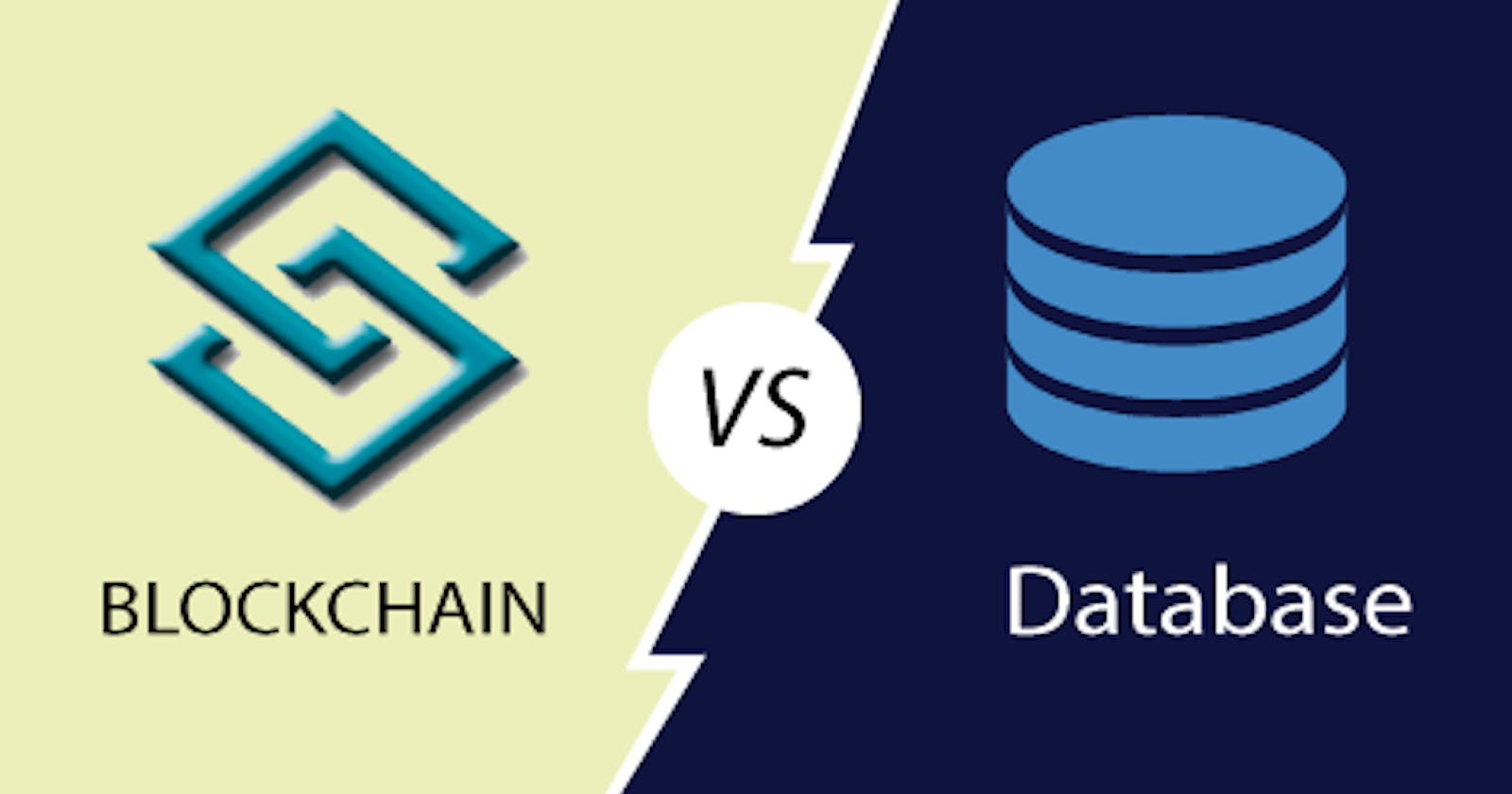
This debate has been prevalent since the inception of blockchain. Always there is a counter-argument whenever people talk about the way we handle data either it is distributed or centralized. I am not going to judge between the two but give you an overview of how it will operate with different use cases.
Distributed Database

Consider you have a system where you need to pass around the document/digital asset from one entity to another. It should be a system where all the entities should be known to each other. This is where distributed databases come in to play. Some of the features a system must possess in order to achieve the distribution of data,
- Periodic synchronization of data
- Limits the access to all the entities and defines the access privileges
- Universal update of data across the system
- Ability to handle multiple users and provide the same data as served to others
- Depends on an Admin to monitor and operate the system
So, based on the above it is clear that distributed data is apt for the scenarios where you share the data among known-groups. For example, if IBM has a group of companies that it owns, it is imperative that they form a distributed database among them. This is because you know all the entities participating and there is less chance that the data may get tampered (unless there is a DDOS) and it is governed by a database admin who has the strong privileges to handle the data. This is where blockchain is unnecessary in terms of the trust but in terms of data tamper and security, it is worthy that you have it implemented. Another example would be the CRUD application which will never need blockchain unless there are multiple players involved in it.
Blockchain

The word ‘Blockchain’ is a cliche now. Every company and its experts are constantly exploring ways to implement blockchain in their business. It is a buzzword that is being used in every hackathon, seminars, workshops, and even in tea-shops. Thanks to Satoshi Nakamoto that he/she is anonymous else their mailbox would be bombarded with queries. Blockchain is more like a suit. It is not fit for all but tailored for specific needs. One can’t compare an ocean to a glass of water similarly blockchain is not a solution to all the cases. One has to use it worthy for the real challenge that needs to be addressed among the heterogeneous group.
Why we focus blockchain for heterogeneous groups?
Blockchain’s verdict runs on transparency, tamper-proof and autonomous systems. When I mean heterogeneous there involves multiple players who don’t trust each other. You could have financial institutions, educational, internet, media, and so on. This cross-contamination and sharing of data among them can be achieved by blockchain. Blockchain will set up a node for every participant and group them to specific channels where they can transfer data. The data here being a unique ciphered content where non-trusting parties can check the authenticity of the data received by verifying with the hash of original data. This not only introduces transparency and tamper-proof ingredients but also a ledger that will be maintained to maintain the audit trail of all the transactions that have happened. There is no need for any middleman/admins to control the data as we have contracts (software code) that are written as business logic which will take care of the transfer.
The inference is, one can’t vote which is best simply by putting the technology in front but the use case is the one that will decide which is better.

